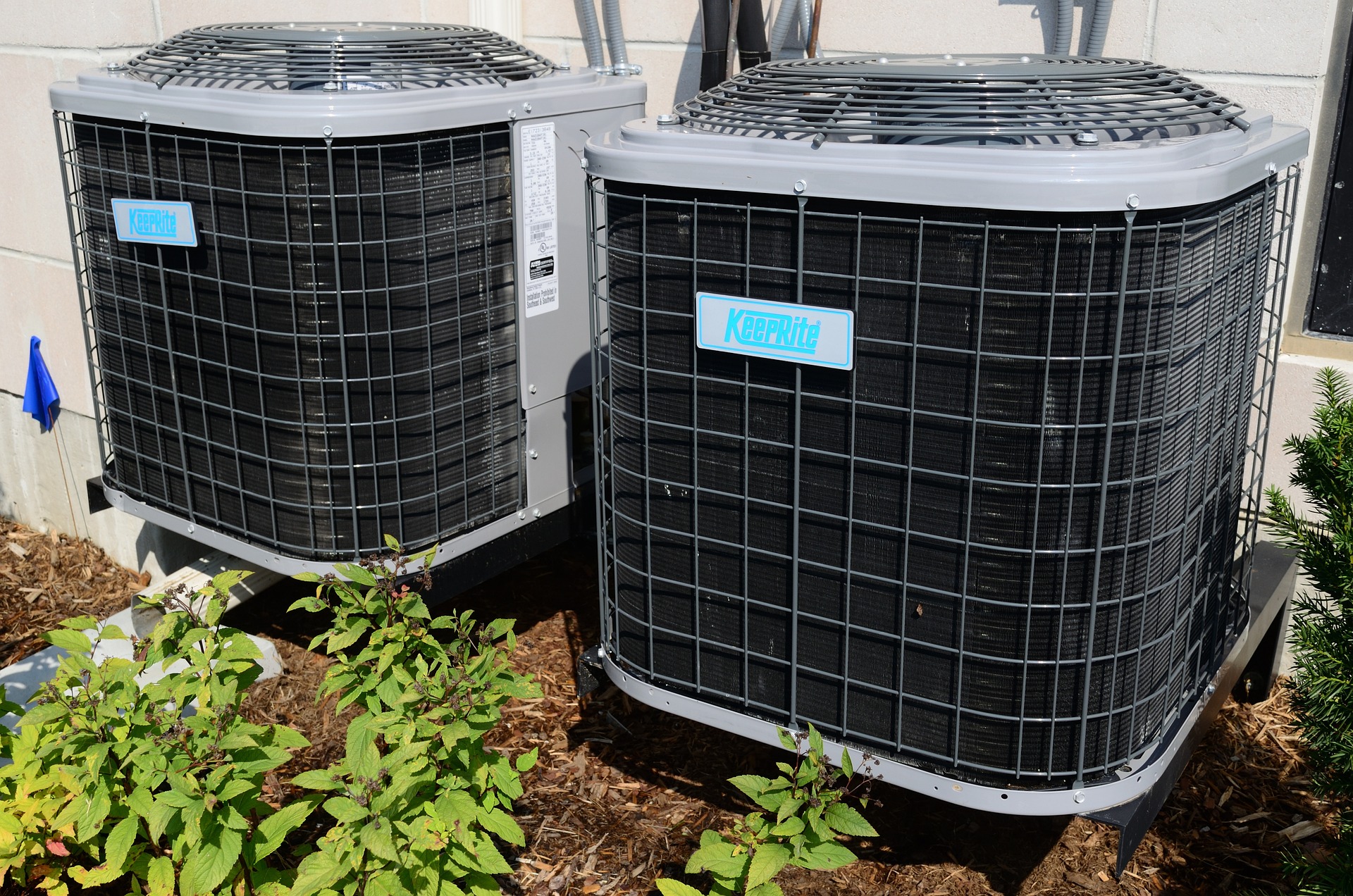Everyone loves saving money. In your quest to reduce monthly bills and cut costs where possible, having a professional home energy audit conducted can help you determine how to reduce your monthly electric bill drastically. Home energy audits, or home energy assessments, are tests and inspections that aim to pinpoint energy-inefficient areas or appliances within your home. By addressing these problems, your energy usage will decrease, your bill will fall, and your comfort within your home can improve. Want to learn more? Read on!
The US Department of Energy states, “A home energy assessment should be your first step before making energy-saving home improvements.” Instead of buying new costly replacements for every last appliance in the house, pinpointing and addressing your energy problem areas leads to significant savings without substantial initial costs.
Your audit will address many aspects, focusing on appliance energy usage and air leakage.
HVAC Checks
Especially in our hot Florida climate, a functioning and energy-efficient AC system will save lots of money compared to an outdated one. The first step your audit might take is examining your cooling system’s condition, age, and efficiency.
Along with these checks of your actual AC unit, many more checks will be conducted regarding your cooling system. By inspecting all doors, windows, and access points, an auditor can determine any areas visibly prone to leakage into or out of your home. If your home has an attic, ensuring proper levels of insulation is another crucial part of any audit. Specialized equipment is also used when conducting a blower door test. These tests help determine a home’s airtightness. Addressing these problems will lead to less air leakage, a reduction in moisture buildup, and an overall improvement in temperature and humidity comfortability within the home.
Identifying Problematic Standby Power Loads
Standby power loads are the electrical power requirements drawn from appliances and household items, even when not in use. Some items, like TVs and light fixtures, might only pull a limited amount of power. The primary culprits are large appliances such as dishwashers and laundry machines. An auditor can determine if any of your large appliances have these ‘phantom loads’ and recommend your best options going forward. Some problems can be addressed without replacing the fixture, but older models may need to be discarded. But did you know? Replacing old energy-inefficient appliances can often pay for itself many times over the course of its lifespan. Finding and addressing the issue quickly means more savings!
Light Fixtures and Lightbulbs
Your auditor will easily determine which lighting fixtures and lightbulbs in your house are not utilizing energy-efficient LEDs and recommend an immediate swap. Despite a higher cost, LED models have a drastically lower price per unit of energy, leading to huge savings over time. Some light fixtures can use excessive amounts of energy when not in use, which would be addressed when your auditor looks for phantom loads within the house.
The Water Heater
Your water heater can end up being almost 20% of all your monthly energy needs, even more for a large family. Proper inspection of your water heater can help determine if it is functioning effectively or if a replacement is needed.
A home energy audit, put simply, aims to address all the lingering issues that increase your monthly energy bill. Month-over-month savings add up quickly, so ensuring the audit is done well is a crucial first step in lowering your energy usage. To book a home energy audit, call the master electricians at Promise Electric today.



